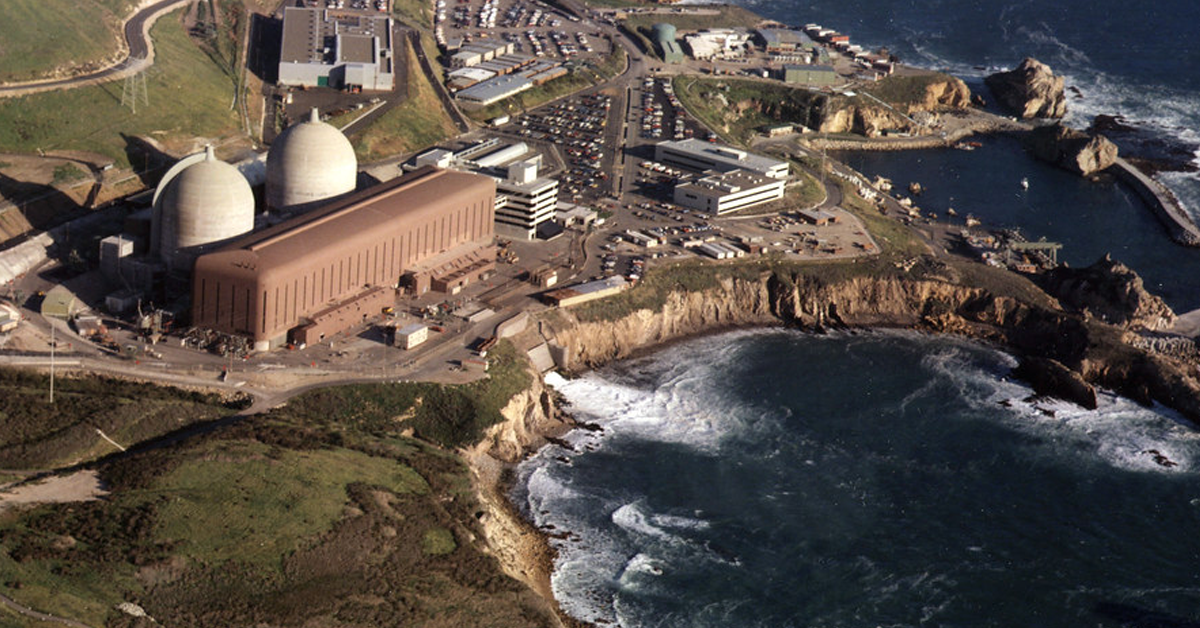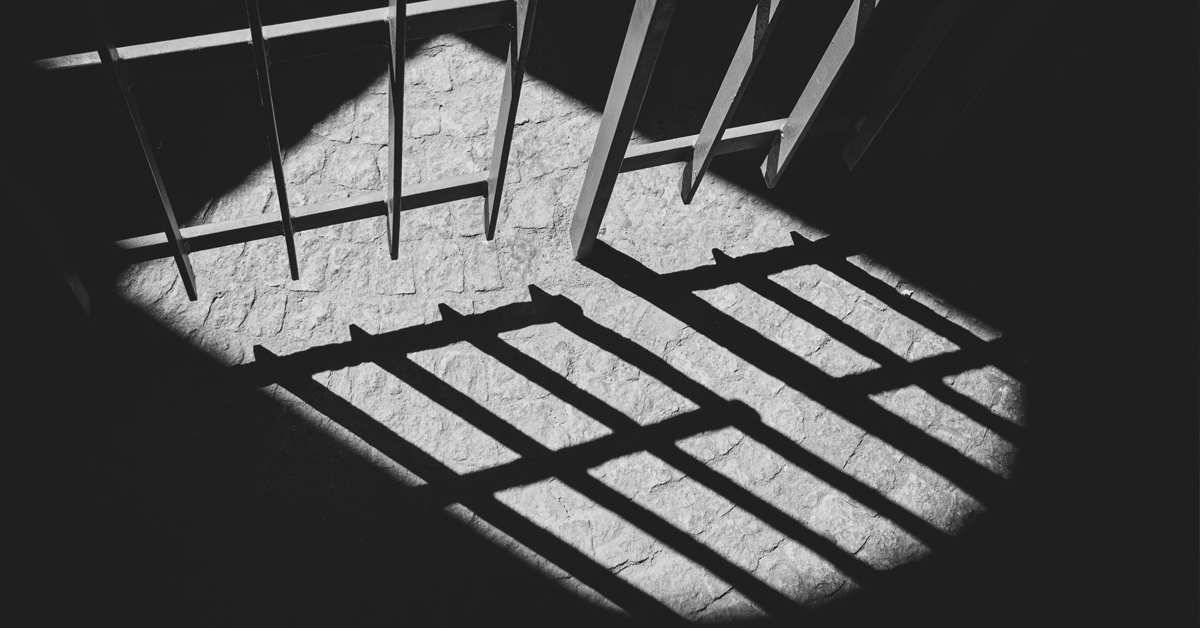The path to keeping California’s lone nuclear power plant open has gotten a tad complicated.
Friends of the Earth, an environmental group, has filed suit Tuesday in San Francisco Superior Court against Pacific Gas & Electric (PG&E), seeking to block it from extending the federal operating licenses for Diablo Canyon Nuclear Power Plant, California’s last nuclear power plant.
Inside the paperwork: The group argues that the 2016 agreement with environmentalists and plant workers, under which the plant was to be closed by 2025, should be upheld, and that PG&E is violating the contract by seeking an extension.
- Last year, California’s Democratic Governor Gavin Newsom and the legislature opened the way for PG&E to apply for an extended lifespan of up to two decades. However, the lawsuit claims that PG&E is disregarding its contractual obligations.
- PG&E has not yet commented on the lawsuit, but stated that as a regulated utility, it will comply with state policy.
- California has a target to reduce emissions by 40 percent below 1990 levels by 2030 and is pushing to expand solar power and other clean energy.
- Diablo Canyon currently generates 9 percent of the state’s electricity.
- Newsom’s decision to support a longer operating run for the plant shocked environmentalists, as he had previously been a leading voice for closing the plant.
- The complaint argues that the 2016 agreement to wind down Diablo Canyon was a “contract” and requests the court to find it binding, as well as prohibiting PG&E from violating the contract.
- The lawsuit is the latest development in a long-running dispute over the operation and safety of the plant.
Deep dive: The complaint raises several unanswered questions, such as how much it will cost to update the plant for a longer run, given that the company was preparing to close it for years, and whether the state could consider backing out if capital costs climb over $1.4 billion.
- Construction at Diablo Canyon began in the 1960s, and critics argue that potential shaking from nearby earthquake faults could damage equipment and release radiation.
- However, PG&E has long maintained that the plant is safe, which has been supported by the Nuclear Regulatory Commission with possible added financial assistance from the Biden administration.










